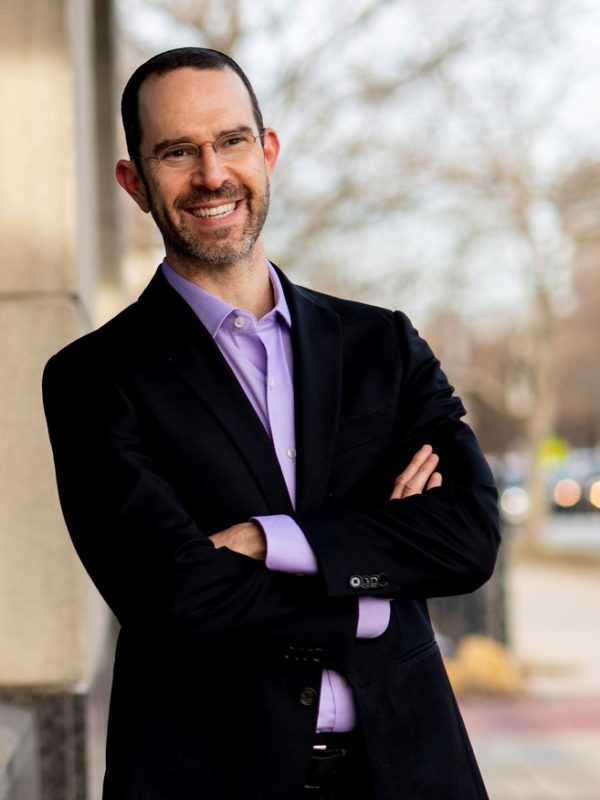 |
| Daniel Aldrich |
It occurs to me that hybrid also makes public funding easier. It will be much easier to convince a politician to spend money on online forums, if they are associated with a building they can open. However, this may require new skills, and tools of those managing the infrastructure. As an example, public libraries host events, but these are purely physical. Similarly the act of going in to borrow a paper book is social, in that you might bump into someone. However, if you borrow an e-book, or audio book, online, it is just you and the computer. It would not be difficult to add some social aspect online, given you know what books people are interested in. However, libraries tend to use off the shelf electronic borrowing systems without a social aspect.
In answer to another question, Dr Aldrich speculated that there might be social spaces where leaders congregate. There are, and occasionally I stumble into them. One is the green room at a conference, and another is the cafe at Parliament house Canberra. There are a plethora of such places for different groups, such as the Bangalore Club (which I stayed at recently), and affiliated institutions.
No comments:
Post a Comment